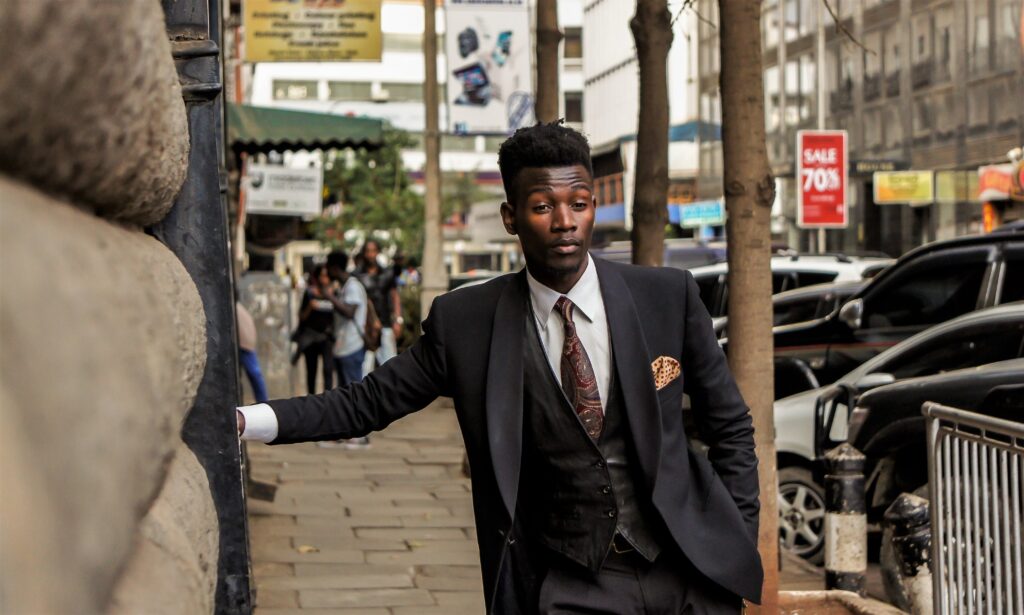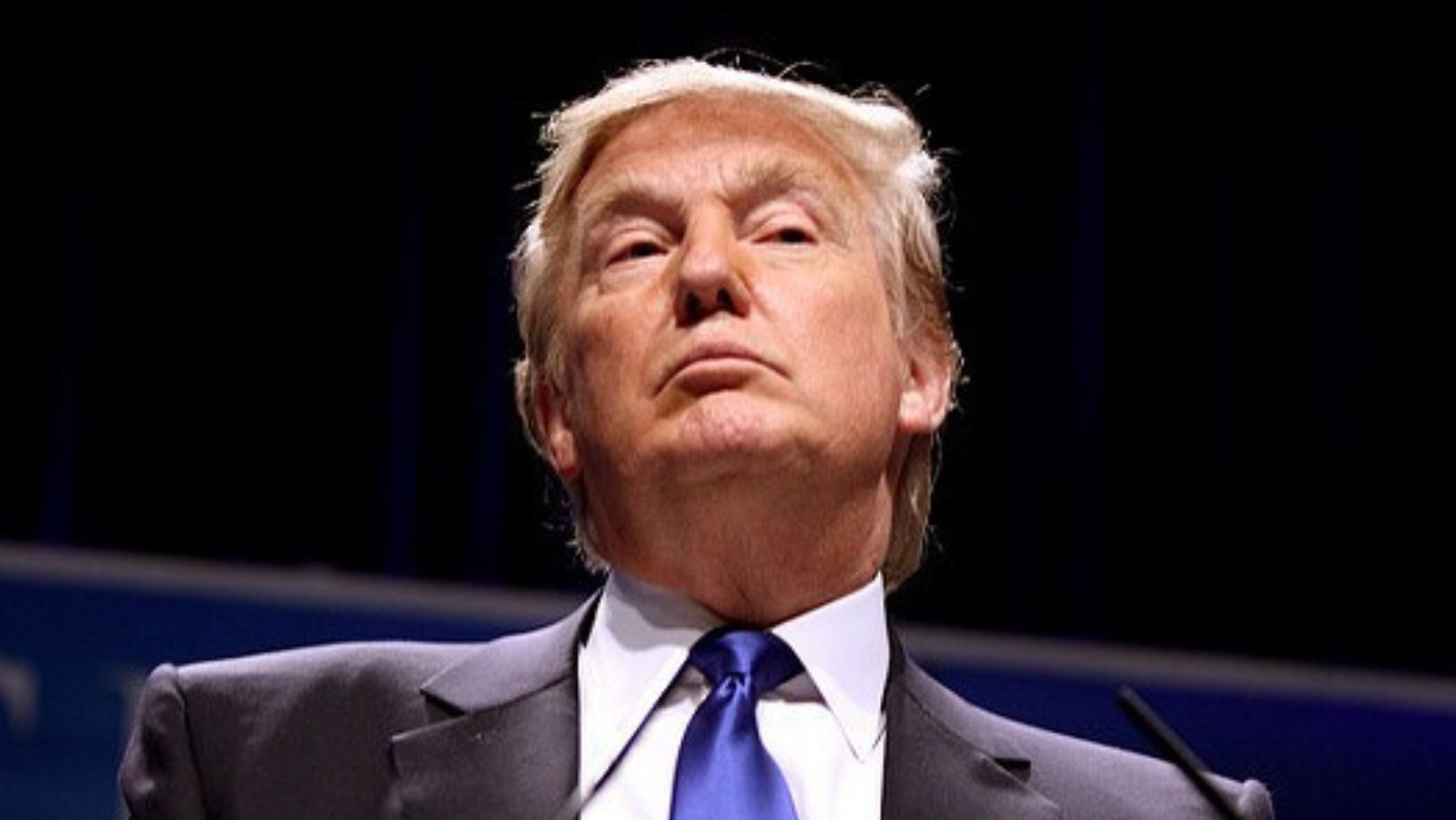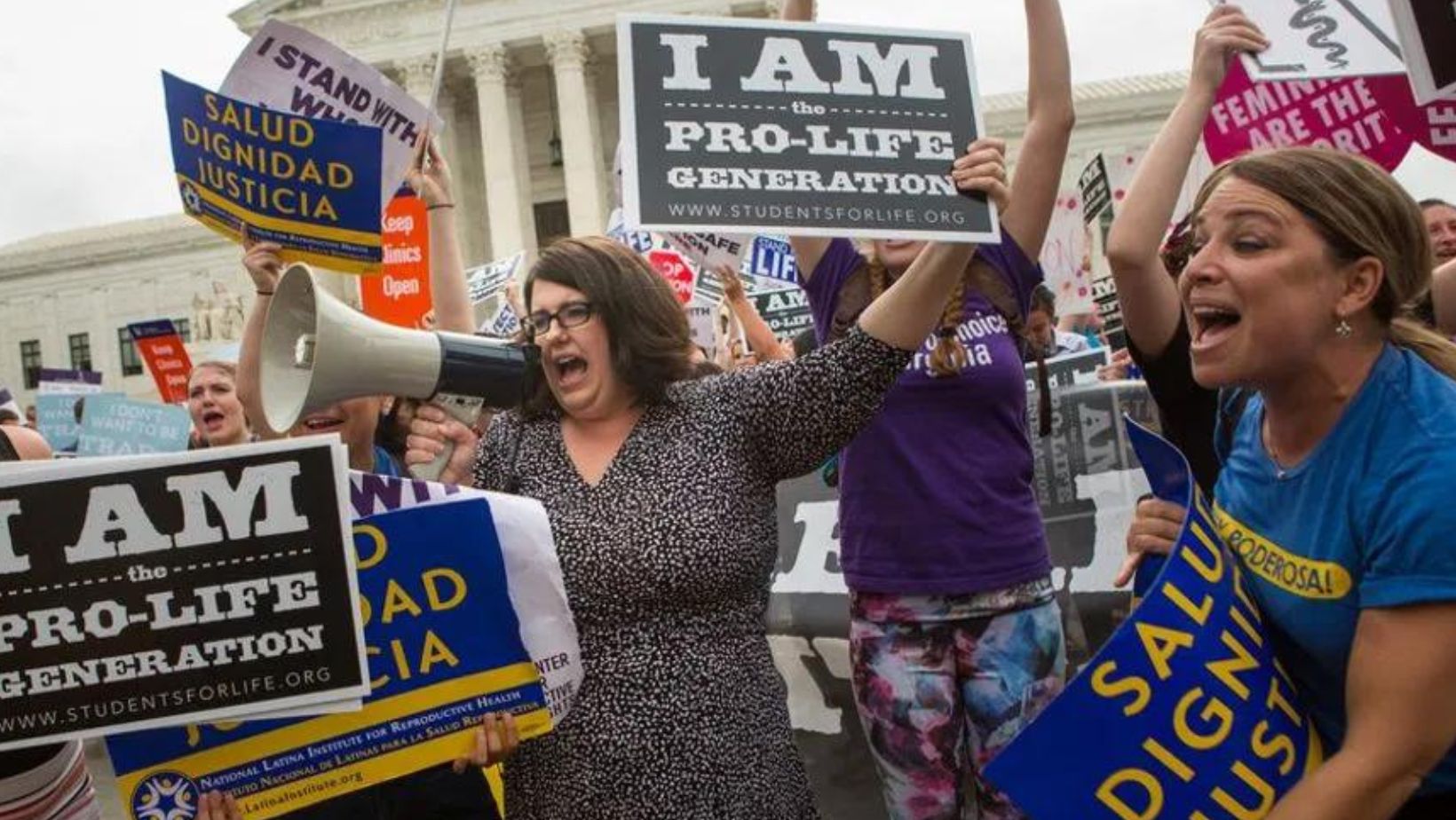
How does white privilege affect the political, social and economic growth of blacks in the united states?
The concept of class privilege is not something new contrary to white privilege which has its origin during slavery and in this work we will analyze its origin, scope, persistence and effect on minority groups who do not enjoy any type of privileges.
Privilege is a concept as old as humanity, just look at any type of biblical history, social classes, system of government, or individual behavior in which the search to have access to or be favored by the elites in power, has always been a human aspiration. To understand the origin of white privilege, we must analyze this behavior not only from a racial perspective but also from an economic, social, human and power struggle perspective between the different social classes.
What is privilege? According to the dictionary, a special right, advantage, or immunity granted or available only to a particular person or group. Celebrities enjoy privileges; police officers enjoy privileges, pretty women enjoy privileges; families of high-ranking government officials enjoy privileges, not to mention many famous artists who also enjoy privileges. So why do we focus on the privileges that whites have? Some would say that because blacks as a racial group don’t enjoy the privileges that whites do.
Right now, when you observe the social, economic and political behavior in any post-slavery society like the United States, there are two types of people who are or are not discriminated against because they do not have privileges (discriminated against, poor, low-class, unemployed, mistreated, excluded, homeless, illiterate, sick, desperate, deprived of rights).
On the other hand, you have a group of people who have some privileges (praise, defend, justify, sympathize, empathize, applaud, admire, follow) who consider them above those who do not have privileges. The problem we are facing is that this privilege is not social, it is racial. This is where privileges, whatever they are, can be unacceptable when others receive them and acceptable when you receive them.
If you are a black celebrity, you enjoy privileges that other blacks do not. If you are a rich white man, you have privileges that a poor white man does not have. White privilege is normal in a white-controlled society. It shouldn’t be that way, but it is the way it is.
For millennia, the privileges associated with the social differences between those at the top and those at the bottom have always been part of the collective consciousness of human beings since they learned to be social creatures. No matter what society we are talking about, whether ancient, medieval or modern, what they all have in common are the privileges associated with the group that is in power (elitism), but also with the group that had and has possession of wealth (classism).
What is the origin of white privilege in the United States?
Some would say the racial privileges associated with skin color (racism) are a product of the slave system during the colonization process, in which the indigenous population and black slaves were considered less than white colonizers in their ability to have access to white privilege during slavery. The darker your skin color, the less opportunity you have to have access to the privileges associated with skin tone. This is one reason why, whites enjoy privileges that the non-white population does not have.
For this type of analysis, we should make a difference between racism and racial preference: Racism is a negative behavior that affects the racial minority and has no power, and racial preference is an individual behavior that is the product of racial ethnic ties associated with group identity. In the case of white privilege, we must see it within a racial and economic context, but also within the group loyalty to the social group with which you identify yourself.
What some see as favoritism is individual behavior that positively benefits individuals as a result of social, political, economic and family interactions or connections. Unlike favoritism, others see privilege as a negative social behavior that benefits individuals associated with the group that has power to the detriment of those who do not. From my point of view, there is a close relationship between favoritism and privilege. Some view privilege as institutionalized behavior that favors or benefits a particular group, while others view privilege as behavior that discriminates against one group in favor of another.
There is no doubt that in this case we are talking about the power that whites have compared to blacks, which makes white individuals the beneficiaries of the privileges associated with the racial group that has power, but what many fail to accept is that within classism and elitism there are also the same privileges associated with the group in power. In the case of white privilege, only the white skin color of the people is taken into account to have access to this social, economic and political behavior that benefits the members of this racial and ethnic group.
During slavery, white slave owners had privileges that black slaves did not have. Similarly, in a class system, the rich enjoy privileges that the poor do not have, in a political system, the political leaders have privileges that the people or the militants do not have. And let’s not talk about religious institutions, the pope has privileges that parishioners, nuns and priests do not have.

What is the difference between racism, classism and elitism?
Your social position can change by acquiring wealth and power, But even though you have power and wealth, you are still exposed to racism because of your skin color. Black skin color, which occupies a low position compared to whites, based on the ideology of white supremacy. type of racial ideology which promotes the supremacy of whites over blacks and white privilege is a consequence of this mentality historically considered racist.
Racism, which limits your possibilities as blacks to have access to privileges reserved only for whites, is much more difficult to eradicate because it is part of an ideology based on the superiority of whites over Non-whites, especially in all Western nations that are under the economic, political and cultural hegemony of the United States.
Perhaps that is why we see behavior considered racist against blacks and Africans by some white nationalist groups in Europe, which is nothing more than the product of racist ideology about the superiority of white Europeans over blacks.
Ideology of racial superiority promoted by white European descendants in America, which hides a deep fear of all those who are different ethnically and culturally but also have a different belief system to achieve economic, social and political power over whites.
After the civil war, the failure of the reconstruction process, and the approval of the fourteenth amendment, the white power groups established the rule of one drop of blood, the black code, the laws of Jim Crow, and racial segregation against blacks. White privilege is not only the result of the slavery system but also of the implementation of the one drop of blood rule.
Is white privilege a consequence of the slave system where white slave owners believed themselves superior to enslaved black people?
As a result of the anti-miscegenation laws and the change in racial classification, the group in power solidified the control of white power over black minorities where the privileges that benefited that group of power were institutionalized, reasons for which all the institutions of the federal state and state governments applied these privileges to whites and denied equal rights to blacks, violating what was written in the fourteenth amendment.
White people, just as they institutionalized racism in all federal institutions against black minorities, also began to favor white people with racial privileges to the detriment of minority groups.
The institutionalization of white privilege directly affected growth, development and equal opportunities in the areas of the economy, education, justice, health, housing, employment, bank loans, social affairs and nutrition, in which whites received better treatment than blacks at the time when the federal and state governments established any public policy.
Many sociologists and scholars of social behavior have come to the conclusion that white privilege is the opposite of institutional racism in the United States, which favors whites and harms blacks. The laws behind racial segregation do not exist, but the ideology behind it still exists in the minds of many white Americans, who continue to use the privileges associated with skin color in their favor.
In a multiracial and multicultural society like the United States, we can still observe behaviors and ideas that are part of the collective consciousness of whites. There is no doubt that the preservation of racial privileges that benefit whites is an element to consider when we analyze anti-black and pro-white behavior in the American population. Pro-white and anti-black behavior is affecting the political, social and economic growth of blacks, especially dark-skinned black women.
As a product of white privilege, white women, apart from being considered more beautiful, intelligent, honest, valued and attractive, also enjoy better opportunities to achieve goals, dreams and aspirations compared to dark-skinned black women.
When we talk about the great challenges faced by black women with dark skin, In addition to fighting against the racial discrimination they suffer, they also have to face unequal opportunities in which the white privileges that white women receive are difficult to overcome.

Is the privilege that white people enjoy right now a product of institutionalized racism against black people in the United States?
I do not believe that all white people are racist, but I do believe that all whites, in one way or another, practice some kind of white privilege, which is the product of group identification and interpersonal relationships within the same group, in which preference favoring members of the same group is considered normal.
From my point of view, Racism is learned behavior that separates people considered inferior or different, while privilege is a socially inherited mentality that drives people to be close to those who have power, and the exchange or seeking of favors is part of this group dynamic.
Based on personal experience, some behaviors you may consider discriminatory, while others see the same behavior as a product of the privileges to which they are entitled, taking group identity as the main reason. If a white person benefits another white person, you must see it within the scope of white privilege. If you are black, do not be surprised by this behavior, which you may consider discriminatory because it negatively affects you and positively favors whites.
When a police officer arrests a black man for committing an act of vandalism and does not arrest a white man who is committing the same act of vandalism, the black man alleges racial discrimination, while the white man relies on white privilege not to be arrested by a police officer.
The black man expected to be arrested and taken to prison, while the white man expected to be released by the police officer because, as a result of white privilege, they believe that they should not receive the same punishment as a black man. This type of white mentality tells you that they are entitled to certain privileges as a white people.
Something that people have to accept, no matter their educational level, skin color, or social position, is that we all see things through the tribal identity to which we belong. Perhaps that is why I have always believed that racial equality is an illusory fantasy that many aspire to when they are at the bottom of the social ladder in a society considered unequal. Inequality is the social normal that we all know and we do not have the power to change that reality.
Is there a close relationship between racial inequality and racial privileges that benefits whites and harms blacks?
Racial inequality has always existed, just as economic inequality has always existed, and let’s not talk about gender inequality. The question is “What solutions do you have to reduce this inequality? This is where reality collides with the dreams that many have of living in a more balanced world where everyone can be considered and treated as equals, even if it breaks the social logic of the dynamics that maintain the social creation of a community.
Perhaps that is why we must sometimes make a difference between racial discrimination and racial privilege, social behaviors that are sometimes intertwined. Discrimination negatively affects minority groups, and privilege positively benefits a majority group.
Racism can only be fought by seeking the genesis of the problem, in which the superiority of one racial group over another is the ideology that sustains it. An ideology is only defeated with education from generation to generation. On the contrary, the privileges are a behavior that is part of the human mentality as a social entity as a way to improve their situation. Racism must be combated and eradicated, and privilege must be accepted and understood.
Something that we must understand as much as discrimination, prejudice, stereotypes, privileges, individualism, classism, elitism and favoritism are behaviors considered unfair because they affect those who occupy a low social position compared to those who occupy a high position.
Each of these behaviors, ideas, beliefs and attitudes is part of human nature as a whole. Believing that these behaviors only exist in the United States does not really understand the dynamics that are part of all social groups in all parts of the world with the same problems, challenges and aspirations.


